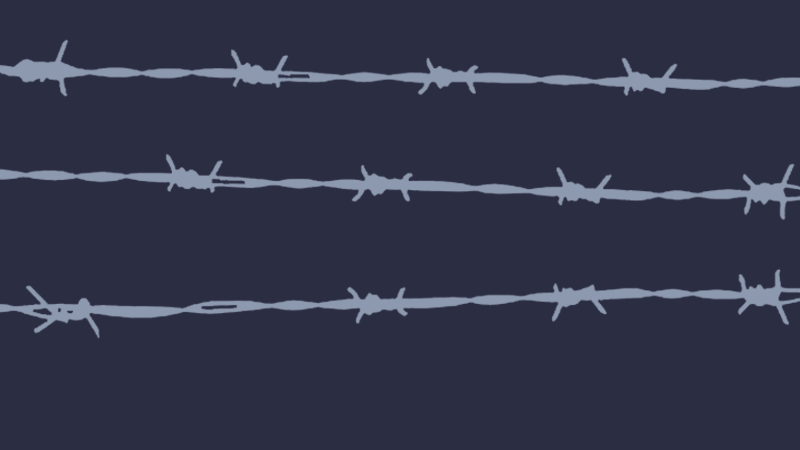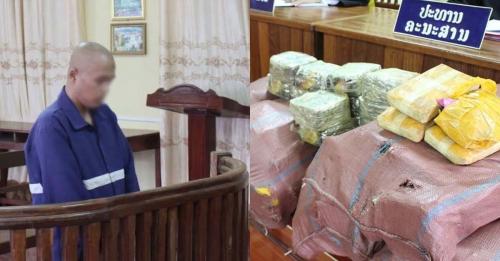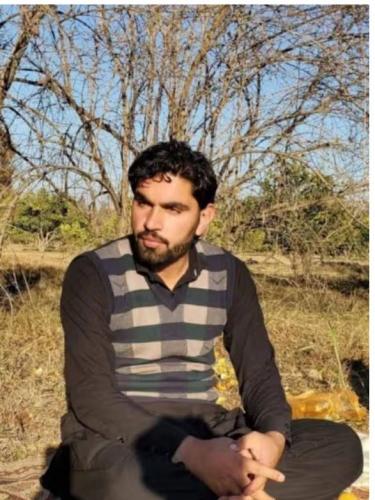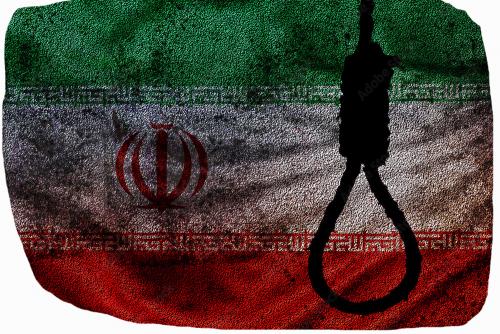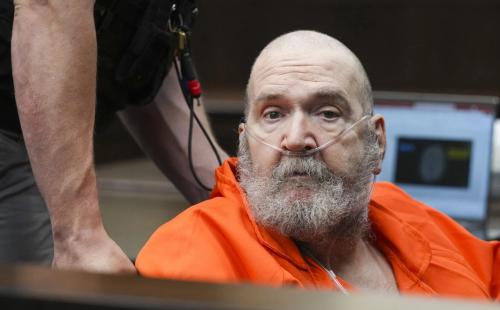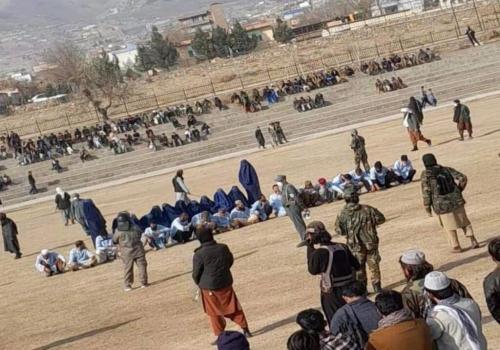02 January 2006 :
the People’s Union for Democratic Rights (PUDR), a civil rights body in India which is in the process of gathering information on the number of people executed in the country, said that its opposition to the death penalty was based on three factors. “One, it is immoral to take another’s life,” says Sharmila Purkayastha, a member of PUDR. “Two, it is mostly used against the poor. And three, it is arbitrary.” Purkayastha cited the case of four Dalit men — convicted in February, 1992, for the killing of 35 upper-caste people in Bihar — who were sentenced to death in 2002. The case went up to the Supreme Court, which rejected the appeal against the death penalty by two votes to one. The dissenting judge spoke out against the “defective” investigation into the killings. “This means that the decision to impose the death penalty can be subjective,” says Purkayastha.

